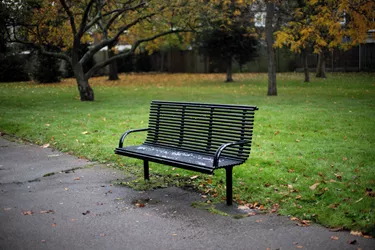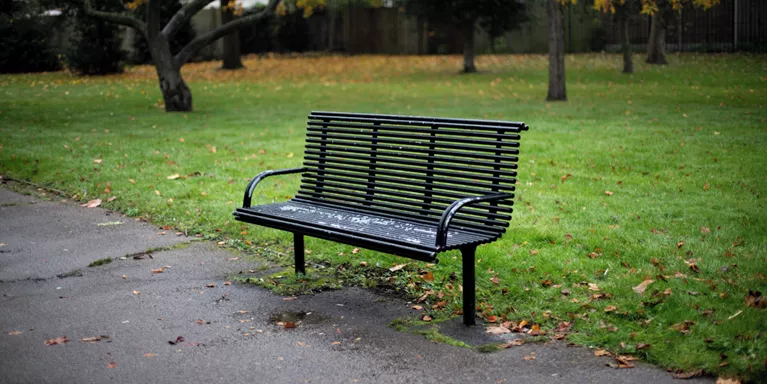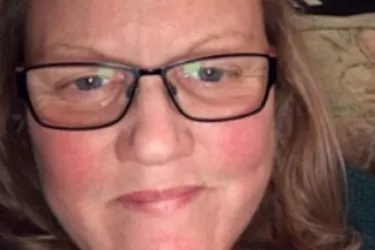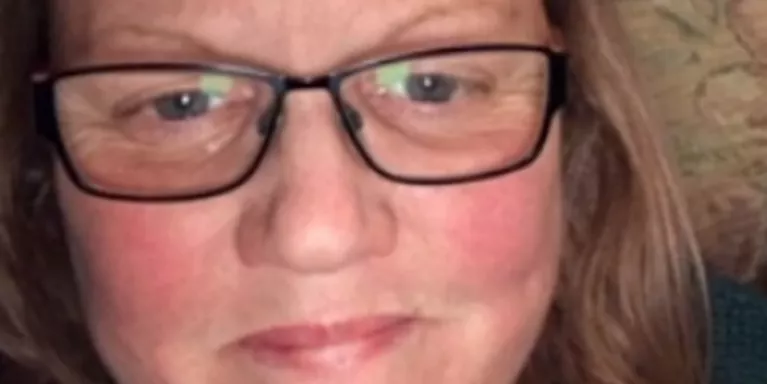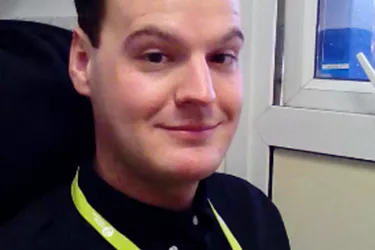I cope by communicating
Key worker Charlotte says that talking to people about how you feel in the pandemic might be scary, but every small conversation about mental health is a big step forward.
I received another email today from a student struggling to complete their lessons online. Another student feeling anxious and overwhelmed. I’m a social emotional and mental health mentor (which is a kind of teaching assistant), and to be honest at the moment it’s hard. My brain feels like it’s going to explode. There’s too much going on! Then again I wouldn’t want to be doing anything else.
In normal times, I’d be able to sit down with them and help them face to face. But now we’re all having to adapt to new ways of being. Some of my students hate phone calls so I’ve offered them a video call. Some of them don’t even want to talk because they don’t know how. We all know someone like this.
I worry about everything all the time. I like routine and certainty, and there is none of that at the moment
In 2011, I was diagnosed with dyslexia and general anxiety. The GP told me these two things tend to go hand in hand. General anxiety basically means that I worry. A lot. I worry about everything all the time. I worry about things that the average person wouldn’t even think about. I’ve learnt that that’s OK. It’s how my brain works. It’s what makes me, me. But, like so many people, I’m struggling in the pandemic. I like routine and certainty. And there is none of that at the moment.
Keeping a journal
It is so important that as we come to terms with our third lockdown, we don’t forget about our own mental health. One way I do this is through journaling. call it my ‘junk book’- it is the place where I write all my happy, sad, angry thoughts. I colour the pages in randomly and stick in headlines that I’ve found interesting and photos of family and friends. It makes zero sense to anyone else, but it teaches me to be kind to myself. By communicating with myself in this way, I learn to recognise each emotion individually.
We assume it’s always bad, but remember you can have positive and negative mental health
If you’re struggling the best thing you can do is talk. There is an unfortunate stigma around mental health. We assume it’s always bad, but remember you can have positive and negative mental health. Normally, I tell my students to talk to their friends, their family. However that’s even harder now. So here are some tips on how to cope:
Allocating time for friends
1 Set up a video call. Allocate yourself a time, the same time if possible, every week for a catch up with your friends. Fika is integral to Swedish culture. It is the concept of taking time out of your day for a cuppa and a little something to eat. Sit with yourself alone or sit with others online. Drink your drink, eat your favourite biscuit and talk about anything but work.
2 Start a virtual book club. Everyone reads the same book but then meet online.
3 Remember, you don’t have to say anything. Just be there. Sit there. Embrace the silence.
It can be scary to talk to those around us about how we feel. We often feel that we have no right to feel the way we do. Others have it worse. We feel guilty. I used to think this way and I sometimes still do, but I started small. I downloaded the app Happiful which gave me lots of tips on how to talk about my emotions. I started writing my journals/ ‘junk book’ and texting my friends when I was feeling down. Sometimes you don’t want to talk, and that is okay.
Talking to people doesn’t have to be about your worries and concerns. It can be about good things
Reach out if you are struggling. Reach out if you think someone is struggling. Don’t bury your head in the sand. As Brits we are famous for answering the question ‘How are you?’ with ‘I’m fine’. But are we really? Why do we answer this question this way? Someone wouldn’t have asked how you were if they didn’t really care. Tell them. We need to be honest. It's fine to admit when we're down, but it can also boost our mental health to look for whatever positives there are at the same time. Share some positivity and joy. Talking to people doesn’t have to be about your worries and concerns. It can be about good things that have happened. I’m happy to tell you all that this week my new book arrived which I’m finding extremely interesting.
I set up a system at work for staff wellbeing called Phantom Friends, which is now in its second year. The basic principle is that each member of staff gifts to another, but no one knows who each other’s gifting friend is. It’s hard during lock down but I’ve had to pass on lots of positive messages from various staff members. It’s the little things that keep us going. Don’t forget that!
Focusing on the positive
The one thing I always ask my students to do is think of three positive things that they have either witnessed or experienced on any given day. Slowly changing our view of the world from the bad things that have or could happen to focus on the positives and talking about these can have a huge impact.
As Winnie the Pooh said: “You are braver than you believe, smarter than you seem and stronger than you think”.


Information and support
When you’re living with a mental health problem, or supporting someone who is, having access to the right information - about a condition, treatment options, or practical issues - is vital. Visit our information pages to find out more.
Share your story with others
Blogs and stories can show that people with mental health problems are cared about, understood and listened to. We can use it to challenge the status quo and change attitudes.










